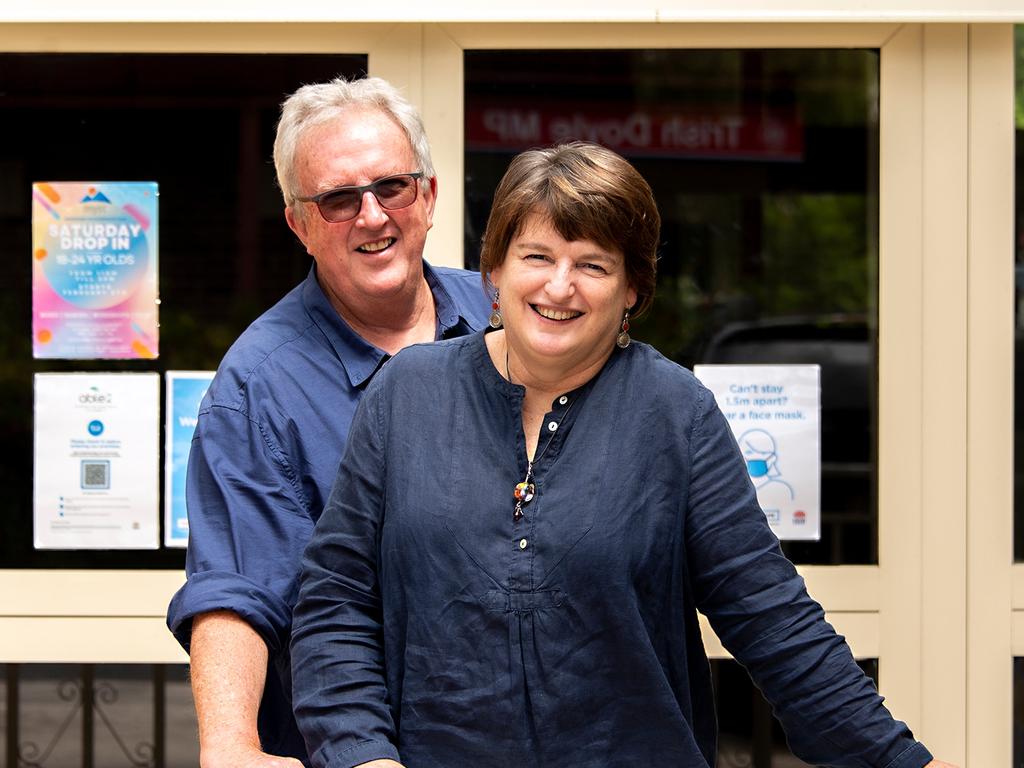HESTA, one of Australia’s biggest superannuation funds, claims to be a leader on climate change. Yet it continues to invest members’ savings into companies actively pushing new fossil fuels, undermining the Paris climate goals.
Australians are using their power to shift funding away from dangerous fossil fuels towards investments for a safe climate future. Our lawyers support people to take action against climate greenwashing and hold their super funds to account.
On behalf of concerned HESTA members and in partnership with Market Forces, we’ve sent a legal letter to the Trustee of HESTA, setting out their concerns that:
- HESTA’s ongoing investment into Australia’s two biggest oil and gas producers, Woodside and Santos, poses a financial risk to its members and must be properly managed; and
- HESTA’s advertising and net-zero investment portfolio claims amount to greenwashing.

Investment in fossil fuels = investment in stranded assets
HESTA has over $2 billion invested in companies expanding fossil fuels, including $228 million invested in Woodside and $190 million in Santos1. Both companies are actively pursuing new fossil gas projects in Australia, including Woodside’s Scarborough Gas Project and Santos’ Barossa Project. EDO has separate legal proceedings underway against Woodside and Santos over these projects.
At a time when the world is rapidly cutting emissions to avoid the worst climate impacts, continuing to invest in companies that are actively pursuing new fossil gas projects is investment in stranded assets. HESTA has failed to adequately interrogate the net zero/emissions reductions claims made by Woodside and Santos, despite having a legal obligation to do so.
“Climate leader” claims are corporate greenwashing
Amid the growing urgency to respond to the climate crisis, HESTA is promoting itself as a leader on climate action. HESTA states its investment strategy is aligned with the Paris Agreement and claims to be reducing portfolio emissions with aims to reach net zero by 2050.
Yet HESTA continues to invest in Woodside and Santos, which are major contributors to global warming. Woodside and Santos have plans to scale up and/or expand their fossil fuel projects, leading to increased emissions. Santos is currently being sued by ACCR, represented by EDO, for false carbon reduction claims.
On behalf of our clients, we’re bringing to the Trustee’s attention that HESTA’s climate claims are greenwashing, meaning they could be in breach of the law.
HESTA’s investment in Woodside
Woodside is an oil and gas company that is currently trying to develop the Scarborough offshore gas field and extend its North West Shelf gas project for another 50 years. The emissions from these projects are not in line with Australia’s targets under the Paris Agreements and will fuel dangerous climate change.
We’ve filed an injunction with the Federal Court against Scarborough over climate harms to the Great Barrier Reef on behalf of the Australian Conservation Foundation. We’ve also appealed the WA environmental regulator’s report recommending that the North West Shelf extension be approved on behalf of the Conservation Council of Western Australia.
HESTA’s investment in Santos
Santos is one of Australia’s largest gas companies, and the biggest domestic gas supplier in the country. Represented by EDO, Santos is being sued by the Australasian Centre for Corporate Responsibility in the Federal Court over its claims that gas is ‘clean energy’ and that the company has a credible pathway to net zero emissions in circumstances where Santos has firm plans to increase its greenhouse gas emissions by developing new or existing oil projects including the Barossa, Dorado and Narrabri LNG projects.
Santos has also failed to disclose that its net zero plans are contingent on unproven Carbon Capture and Storage (CCS) technology and blue hydrogen (fossil fuel hydrogen). This is the first case in the world that challenges a company’s net zero plan on the basis of its reliance on CCS and blue hydrogen.
1 Figures are based on HESTA’s latest portfolio holdings disclosure, calculated as at 31 December 2021.





